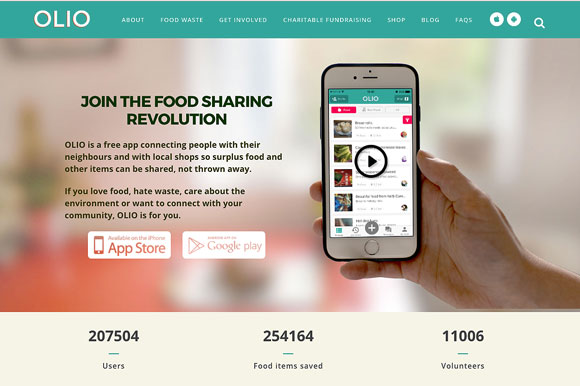The chief executive of the National Council for Voluntary Organisations says the Fundraising Regulator should make charities that have not yet paid the levy explain themselves
Sir Stuart Etherington, chief executive of the National Council for Voluntary Organisations, has called on the Fundraising Regulator to make public the names of charities that fail to pay its levy.
Speaking at a reception in London this morning to mark the launch of the Fundraising Preference Service and the first anniversary of the Fundraising Regulator, Etherington said charities that did not pay the levy should be made to explain themselves.
All charities that spend more than £100,000 a year on fundraising have been asked to pay the levy to fund the regulator, totalling almost 2,000 charities.
Stephen Dunmore, chief executive of the regulator, said today that 370 charities had either refused outright to pay the levy or simply not responded to “four or five” letters requesting payment.
The levy is voluntary, but Etherington said that ensuring the regulator was properly funded was crucial to sustaining self regulation – which, in turn, he said, was vital to maintaining the independence of the voluntary sector.
He said he was aware that the regulator’s board had decided to publish the names of those charities that had paid the levy.
“That is a very honourable way of approaching things, but my advice is to publish the names of those that have not paid the levy,” he said. “Name and shame. Put it out there and let them explain why they do not support the notion of self-regulation.”
Martyn Lewis, former chair of the NCVO and current chair of the Commission on the Donor Experience, agreed with him, saying it was a terrific idea.
Etherington led the review of fundraising in 2015 that led to the establishment of the regulator and the Fundraising Preference Service, which will allow people to block communications by phone, text, email or post from specific charities.
In his review, Etherington called for the FPS to be a “big red button” that people could activate to stop all communications from all charities altogether.
But he said he believed the more “subtle” form the FPS had taken was outstanding and better than his initial suggestion.
During the same event, Suzanne McCarthy, chair of the Fundraising Regulator’s standards committee, said the regulator would be conducting a “root-and-branch review” of the Code of Fundraising Practice in 2018.
Responsibility for the code passed from the Institute of Fundraising to the regulator when it was established last year.
Although the regulator has proposed changes to the code and consulted on them, it has previously said it did not believe the time was right for a complete overhaul.
McCarthy said the regulator wanted to make the code “user-friendly, comprehensible and easy to work” to ensure that it was accessible to small charities.
The regulator has also today published a review of its first year of operation, which says that it received 713 complaints over the course of the year.
The review says it has 30 investigations under way or completed, has closed 621 cases and published its first adjudication, on the agency Neet Feet, in November.
The review says the regulator had an income to the end of March of £1,545,000, about £886,000 of which had come from levy contributions and £639,000 from start-up contributions made by the largest fundraising charities.
The regulator spent £1.3m over the same period, including £247,000 on the set-up of the FPS, it said.


